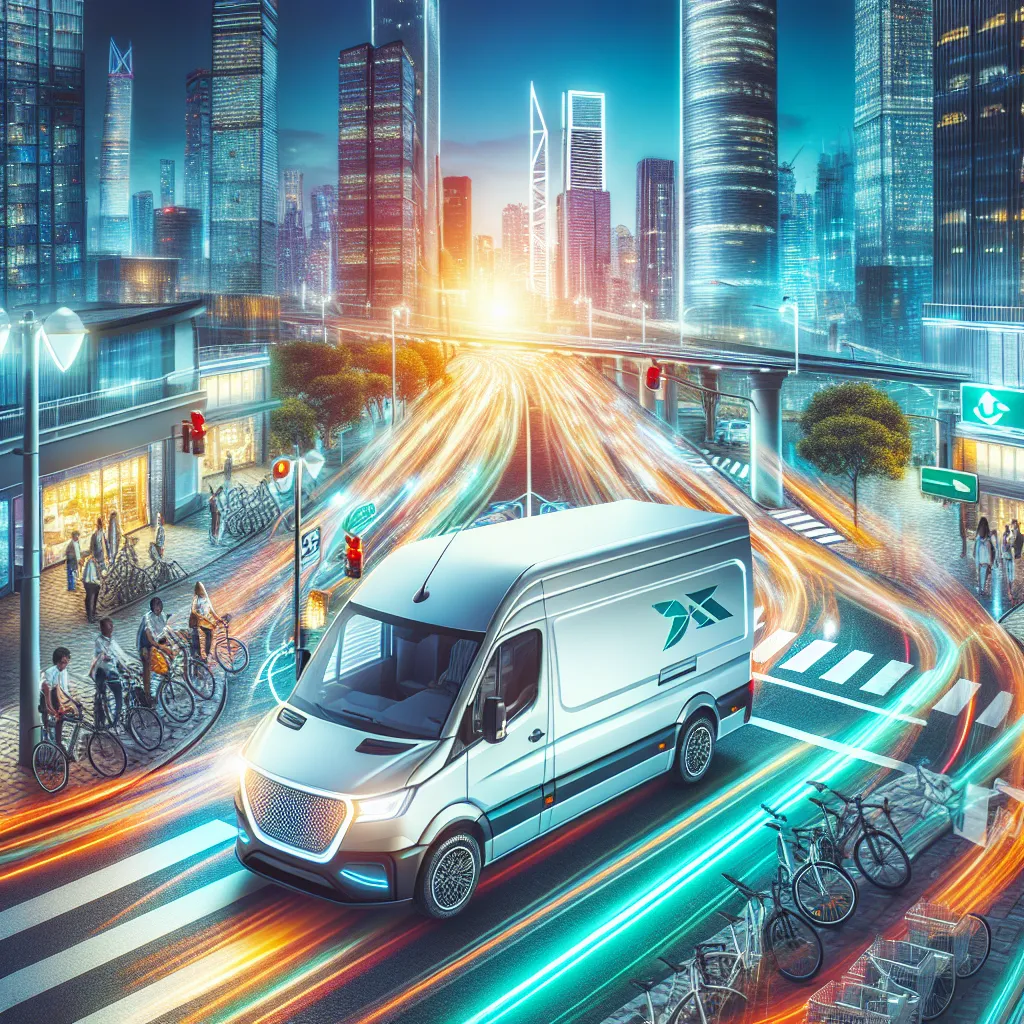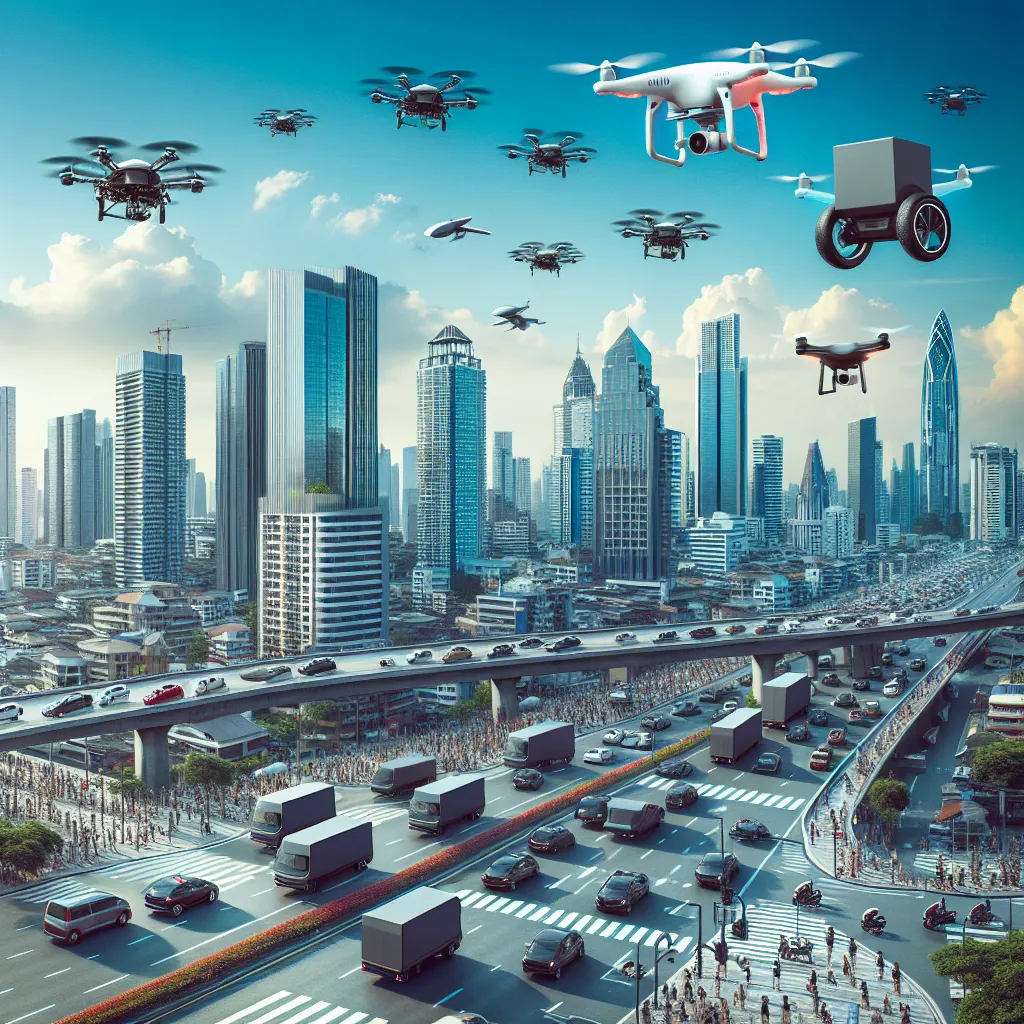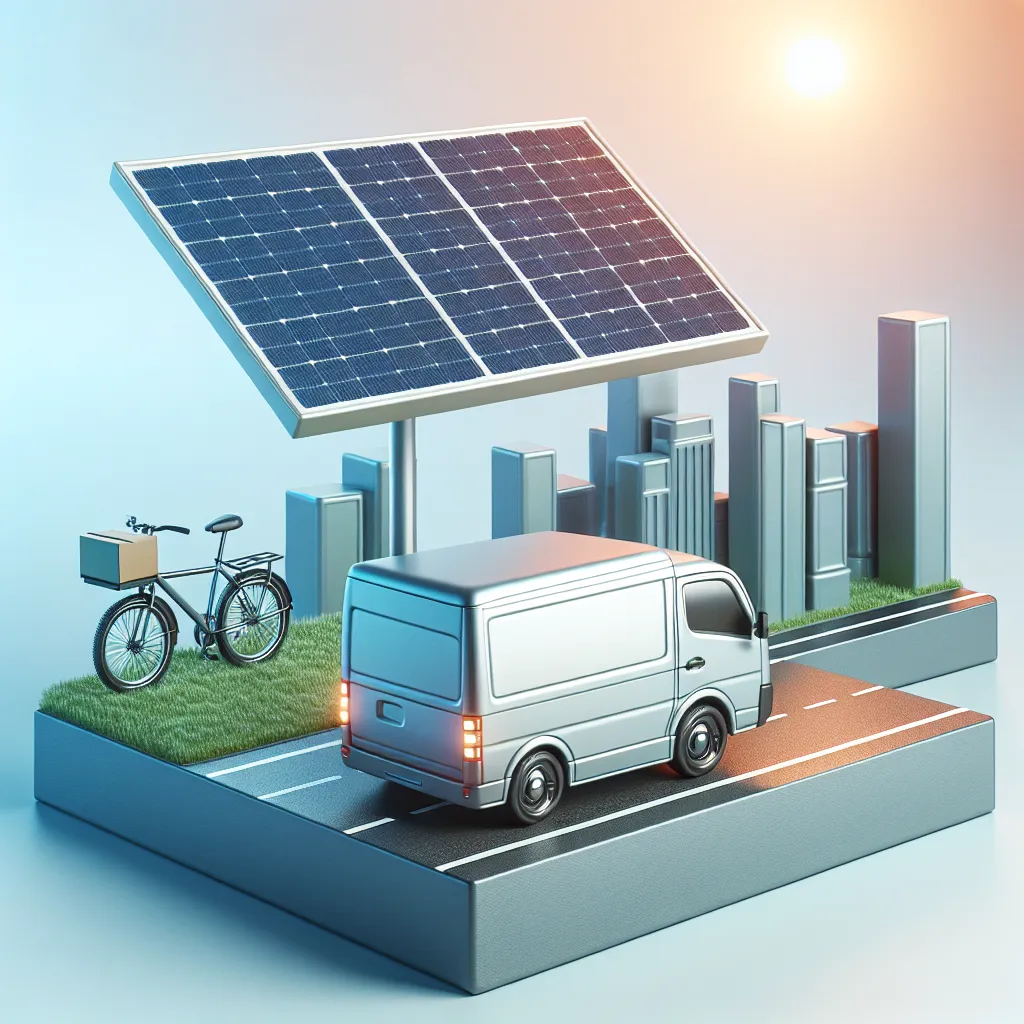Implementing Electric Vehicle Fleet for Last-Mile Delivery
Implementing Electric Vehicle Fleet for Last-Mile Delivery
In the quest for sustainable solutions in last-mile delivery logistics, the implementation of electric vehicle (EV) fleets has emerged as a promising avenue to reduce carbon emissions and minimize environmental impact. With the rise of e-commerce and the consequent surge in last-mile deliveries, traditional delivery vehicles powered by fossil fuels have contributed significantly to air pollution and greenhouse gas emissions. In response to these challenges, companies are increasingly turning to electric vehicles as a clean and efficient alternative.
Electric vehicles offer numerous advantages for last-mile delivery operations. Firstly, they produce zero tailpipe emissions, thereby helping to improve air quality in urban areas where delivery activities are concentrated. Additionally, EVs contribute to a reduction in overall carbon footprint, supporting sustainability goals and corporate social responsibility initiatives. Moreover, advancements in EV technology have led to increased driving ranges and improved charging infrastructure, addressing concerns about range anxiety and accessibility.
The implementation of electric vehicle fleets, however, requires careful consideration of infrastructure and operational factors. Charging stations must be strategically located to ensure seamless operations, and businesses need to invest in a reliable charging network to support their EV fleet. Furthermore, route optimization and load management are essential to maximize the efficiency of electric vehicles, taking into account factors such as driving range, payload capacity, and traffic conditions.
Despite these challenges, the transition to electric vehicle fleets presents a compelling opportunity for last-mile delivery logistics to embrace sustainability. As technological advancements continue to drive the evolution of electric vehicles, coupled with the growing emphasis on environmental stewardship, the integration of EV fleets is poised to play a pivotal role in shaping the future of last-mile delivery, offering a greener and more sustainable approach to logistics.
Optimizing Route Planning and Vehicle Load to Reduce Emissions
As the demand for last-mile delivery services continues to grow, there is a pressing need for sustainable solutions to minimize the environmental impact of logistics operations. One crucial aspect of this is optimizing route planning and vehicle load to reduce emissions. By implementing advanced route optimization algorithms and leveraging data analytics, companies can significantly decrease the number of miles traveled and ensure that vehicles are operating at full capacity.
Efficient route planning involves considering factors such as traffic patterns, delivery windows, and vehicle capabilities to determine the most optimal paths for each vehicle. This not only reduces fuel consumption and emissions but also improves delivery times and enhances overall customer satisfaction. Additionally, leveraging technology to track and analyze real-time data enables companies to adapt to changing conditions on the go, further optimizing their routes and minimizing environmental impact.
Furthermore, maximizing vehicle load capacity is essential in reducing the overall carbon footprint of last-mile delivery. By employing load optimization software and strategies, companies can ensure that each vehicle is carrying the maximum possible cargo while still adhering to weight and space restrictions. This not only reduces the number of vehicles required for delivery operations but also decreases the emissions per package, contributing to significant environmental benefits.
In conclusion, optimizing route planning and vehicle load is a critical component of sustainable last-mile delivery logistics. By embracing advanced technologies and data-driven strategies, companies can minimize their environmental footprint while improving operational efficiency and meeting the growing demands of the e-commerce industry.
Leveraging Technology for Efficient Last-Mile Delivery Logistics
Sustainable last-mile delivery logistics are crucial for optimizing the environmental and economic impact of transportation. Leveraging technology is a key aspect of efficient last-mile delivery logistics, offering innovative solutions to reduce emissions, lower costs, and enhance customer experience. One of the most impactful technological advancements is the use of route optimization software, which helps delivery companies plan the most efficient routes to minimize fuel consumption and reduce carbon footprint.
Furthermore, the implementation of telematics systems enables real-time monitoring of vehicle performance, fuel consumption, and driver behavior, allowing companies to identify areas for improvement and optimize their fleet’s efficiency. In addition, the integration of Internet of Things (IoT) devices in delivery vehicles facilitates proactive maintenance, minimizing the risk of unexpected breakdowns and reducing downtime.
Another significant technological solution is the use of autonomous vehicles for last-mile delivery. By incorporating electric or hybrid autonomous vehicles into their fleets, companies can significantly reduce emissions and operational costs while improving delivery speed and reliability. Additionally, the deployment of drones for small, lightweight parcel delivery to remote or congested areas presents a sustainable and efficient alternative to traditional delivery methods.
In conclusion, leveraging technology is vital for advancing sustainable solutions in last-mile delivery logistics. By embracing innovative tools and practices, companies can minimize their environmental impact, streamline operations, and meet the evolving demands of modern consumers while ensuring the long-term viability of last-mile delivery logistics.




